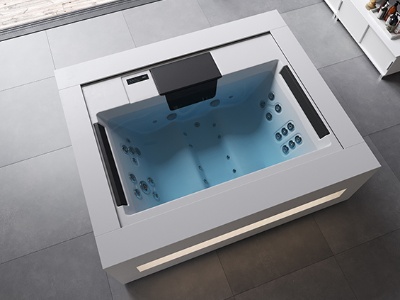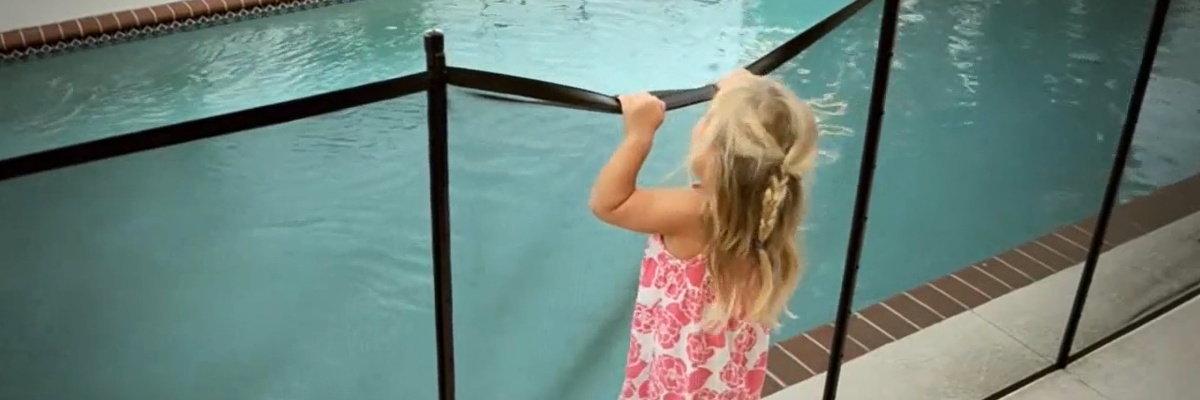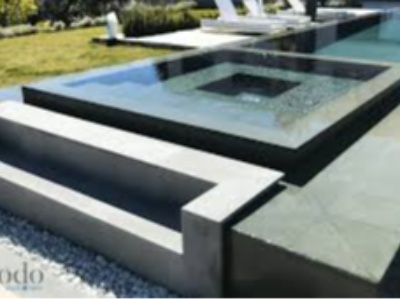
In France, the regulations on pool safety aim to prevent accidents, particularly drownings among young children. Since the law of 3 January 2003, all owners of private in-ground or semi-inground pools must comply with strict safety standards, under penalty of sanctions. In this article, we detail the devices to be installed, the legal obligations and the good practices to guarantee the conformity of your swimming pool.
Why are swimming pool safety regulations essential?
Every year, dozens of accidents related to private swimming pools are recorded. To limit the risks, the law requires owners to install at least one certified safety device. In addition to the legal aspect, this equipment ensures the protection of children and considerably reduces the risk of drowning.Which swimming pools are affected by the regulations?
The law applies to private in-ground or semi-inground swimming pools for family or collective use. Above-ground, inflatable or removable pools are not subject to these obligations, although it is recommended that appropriate safety measures be adopted.Mandatory equipment for a compliant pool
To comply with regulations, a private pool must be equipped with at least one of the four approved safety devices:1. Safety barriers (Standard NF P90-306)
The barriers must prevent access to the pool by children under the age of five and be equipped with a safety gate.Advantages:
- Permanent pool safety.
- Suitable for pools accessible to young children.
Disadvantages:
- Unsightly if poorly integrated.
- High cost for customised models.
The Securipool removable pool barrier: an excellent alternative Among the most popular and effective pool barriers, the Securipool removable barrier stands out for its excellent quality/price ratio. Easy to install and remove, it offers a practical solution for securing the pool without the need for major work. Made from weather- and UV-resistant materials, it guarantees long-lasting protection while remaining discreet. Its attractive price makes it an ideal option for owners looking for a solution that complies with NF P90-306 standards, but without compromising on aesthetics and practicality. 2. Safety covers (Standard NF P90-308) These covers must be able to support the weight of a child without giving way.
Advantages:
- Protection against accidental falls.
- Reduction of evaporation and the need for chemicals.
Disadvantages:
- Must be installed correctly after each swim.
3. Pool alarms (Standard NF P90-307)
There are two types of alarms:- Submerged alarms detect abnormal movements in the water.
- Perimeter alarms trigger a signal if a person approaches the pool.
Advantages:
- Inexpensive and easy to install device.
- Ideal to complement another security solution.
Disadvantages:
- Does not prevent falls, only after immersion.
- Can generate unwanted activations.
4. Pool enclosures (Standard NF P90-309)
Pool enclosures completely cover the pool and prevent unauthorised access.Advantages:
- Maximum safety.
- Protection against the weather and impurities.
Disadvantages:
- High cost.
- More complex installation requiring authorisations.
What are the penalties for non-compliance?
An owner who does not comply with these obligations is liable to a fine of up to €45,000. In the event of an accident, they may be held civilly and criminally liable, resulting in legal proceedings and compensation for the victims.How can you check that your swimming pool complies with the regulations?
To ensure that a swimming pool complies with the regulations:- Check that the equipment has the NF certification corresponding to its category.
- Call in a professional to install the equipment.
- Carry out regular tests on the safety systems (functional alarm, locking of barriers, resistance of covers).
Good practices for securing a swimming pool
In addition to the mandatory equipment, there are several simple steps you can take to improve safety:- Teach children never to approach the pool without supervision.
- Always close the barriers and secure access after swimming.
- Install a non-slip surface around the pool.
- Regularly check the condition of the equipment to detect any faults.
An essential commitment to the safety of all
Ensuring that your swimming pool complies with safety standards is a legal obligation, but also a responsibility towards pool users. By installing the appropriate devices and adopting good practices, each owner contributes to the prevention of accidents and enjoys their pool with complete peace of mind.A safe pool is a pool where you can relax in peace.




